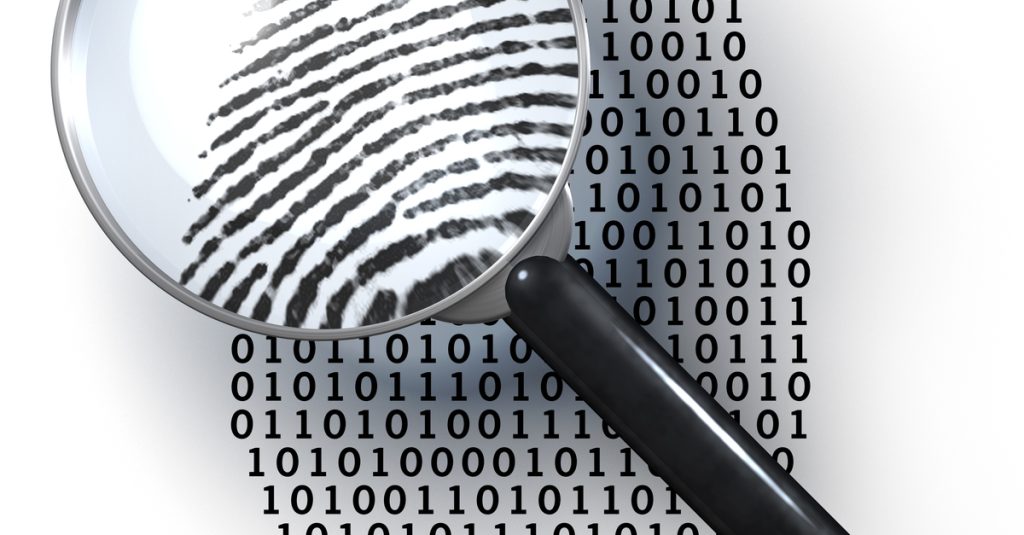Sound Justice – The Role of Forensic Voice Analysis in Courtroom Drama
In the realm of legal proceedings, forensic voice analysis stands as a powerful tool, unraveling the mysteries concealed within the cadence and timbre of human speech. As courtroom drama unfolds, the nuances of a person’s voice become pivotal in establishing the veracity of statements and unraveling the truth. Forensic voice analysis, a branch of forensic linguistics, utilizes cutting-edge technology to scrutinize the acoustic properties of speech, unraveling hidden clues that may escape the human ear. This technique has found a unique niche in criminal investigations and courtrooms, offering a compelling means to authenticate or challenge the credibility of vocal evidence. The science behind forensic voice analysis lies in the intricate patterns and distinctive characteristics embedded in an individual’s speech. Advanced algorithms dissect the pitch, rhythm, intonation, and even the pauses between words, creating a unique vocal fingerprint. This technology can be instrumental in cases where voice identification is paramount, such as ransom calls, threatening messages, or anonymous tips.

In the courtroom, the drama intensifies as forensic voice analysts present their findings, unraveling the sonic tapestry of words woven by witnesses and suspects alike. One of the most significant applications of forensic voice analysis is in the authentication of audio recordings. As technology evolves, so does the ability to manipulate recordings, making it crucial to verify the integrity of evidence. Forensic voice analysts meticulously examine the spectral patterns, identifying anomalies or signs of tampering that may elude the untrained ear. This capability has been pivotal in high-profile cases where the authenticity of recorded conversations serves as a linchpin in determining guilt or innocence.
However, the Adept Forensics forensic voice analysis admissibility and reliability of forensic voice analysis have sparked debates within legal circles. Critics argue that the subjective nature of voice perception and the potential for bias may compromise the accuracy of such analyses. Legal professionals often grapple with the balance between the technological allure of forensic voice analysis and its susceptibility to interpretation. As courtroom drama unfolds, the clash between prosecution and defense over the reliability of voice analysis creates an additional layer of suspense. In recent years, forensic voice analysis has not only been confined to criminal cases but has found its way into civil litigation, employment disputes, and even family court matters. The echoes of a person’s voice, once confined to the immediate moment, now reverberate through the hallowed halls of justice, shaping the narrative of legal proceedings. The courtroom drama, enriched by the cadence of forensic voice analysis, continues to evolve, posing new challenges and ethical considerations for the legal system in its pursuit of sound justice.

